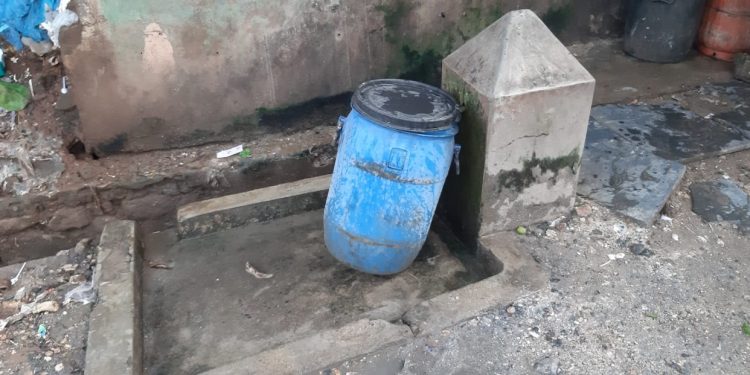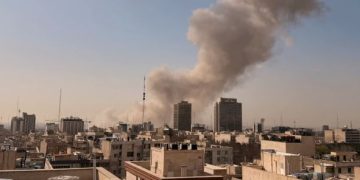Rayagada: There seems to be no let-up in the decade-long drinking water crisis in Rayagada city. The district administration claimed it is providing 9, 50, 000 litters of water to the residents of the district while the required amount is 12,00,000 litters.
While the administration claims they provide drinking water in the city for six hours, the ground reality is different. Drinking water is being supplied to the locality for two hours a day and for the remaining period, residents struggle to fulfil their needs. Locals alleged that though they have been paying Rs120 towards water tax every month, officials of Public Health Engineering Organisation (PHEO) have turned a blind eye to the crisis.
According to residents, supply of drinking water to their locality through pipelines is stopped from February to July every year. This practice has been continuing for last 10 year. In the remaining six months, locals face a lot of hardship to avail drinking water.
Besides, of the four public tube-wells installed in the locality, one is lying defunct while the other three supply polluted water. Around 30 per cent of the residents have their personal tube-wells. Sources said due to a drastic fall in groundwater level, many tube-wells in the area fail to supply water. The residents, meanwhile, have to depend on PHEO for drinking water.
But that too fails to cater to the needs of locals as water does not reach homes at Ward No-1, Gandhinagar and New Colony residents through pipelines due to lack of enough pump pressure. Situation often worsens to such an extent that PHEO authorities are compelled to supply water through tankers.
Residents alleged that though they have been demanding installation of a pressure motor and replacement of old pipelines, authorities have turned a deaf ear to their problems. They threatened to take to the streets if no step is taken to find a permanent solution to the water crisis.
PHEO Executive Engineer Prassana Nayak said the issue would be solved within a year after installation of a new drinking water project.
PNN






































